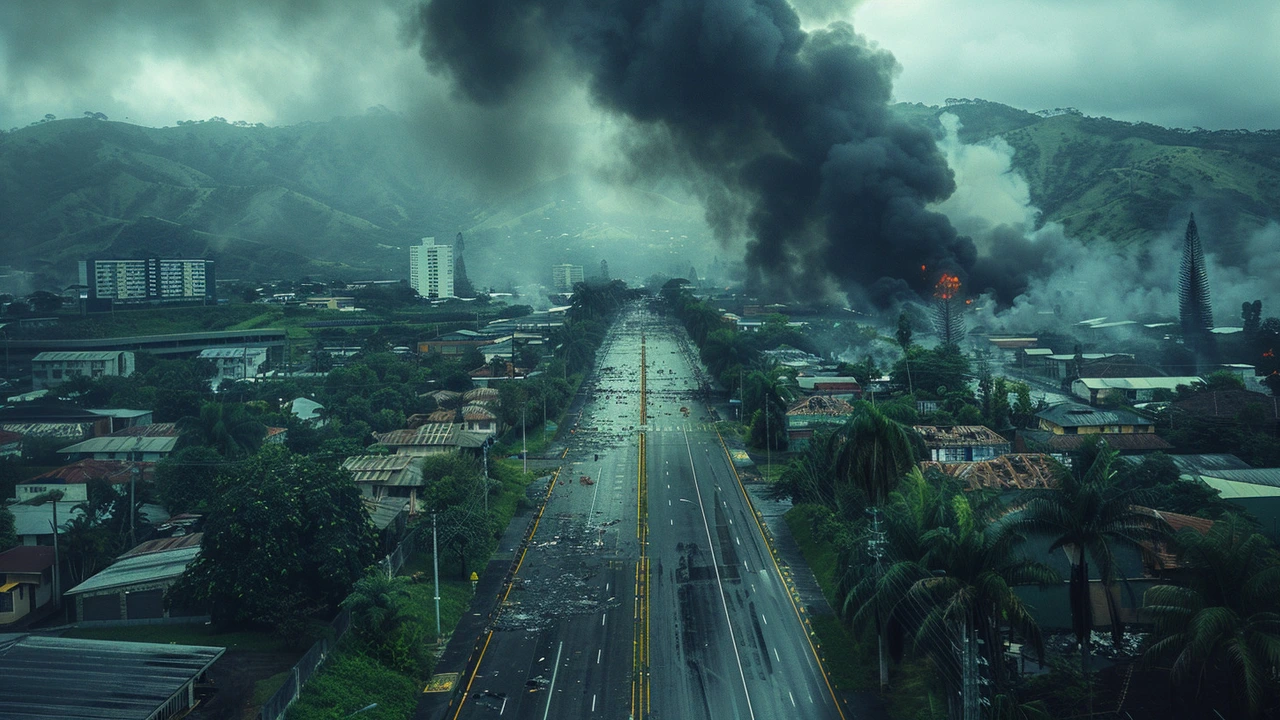Riots: What’s Happening, Why it Starts, and How to Stay Safe
Riots can erupt fast and change the scene in minutes. If you follow news from Africa or anywhere else, you need clear facts and practical steps—not confusion. This page collects reports, explains common causes, and gives simple safety tips you can use right away.
Why riots happen
Most riots boil down to a few triggers: a sudden incident (like a police shooting), long-term frustrations (poverty, unemployment, inequality), or political sparks (elections, controversial laws). Sometimes social media spreads a story that turns a protest into a riot within hours. Knowing the trigger helps you judge whether a situation might calm down or get worse.
Different places show different patterns. In cities where services are weak and trust in institutions is low, small incidents can escalate faster. In other areas, organised groups or external agitators may inflame tensions. Watch for repeated clashes in the same neighborhood — that’s a sign the unrest may persist.
Practical safety tips
If you’re near unrest, think ahead. Avoid the area if you can. If you must travel through, use main roads, stay in well-lit places, and keep a low profile. Carry ID, a charged phone, and a small amount of cash. Tell someone your route and expected arrival time.
During a riot: move away from crowds and avoid confrontations. Don’t film in a way that draws attention; aim your camera subtly or record from a safe distance. If police are present, follow lawful orders but know your rights—if you’re detained, ask for a lawyer and don’t sign anything without legal advice. For drivers: don’t block roads, keep windows up and doors locked, and have an escape route planned.
At home: secure doors and windows, keep supplies (water, basic first aid, a torch), and avoid leaving unless necessary. If your workplace is affected, follow company guidance and local authorities rather than rumours.
For journalists and citizen reporters: verify before publishing. Eyewitness clips help, but false or edited posts can worsen panic. Use multiple sources, tag content with time and location, and protect your materials and contacts if the situation is volatile.
Want to stay updated? Rely on trusted local news outlets, verified social accounts, and official channels for alerts. Set notifications for local authorities and reputable news apps so you get timely warnings without the noise.
Riots are scary, but being prepared cuts risk. Understand the local context, plan your movements, and prioritize safety. On this tag page you’ll find the latest stories, timeline updates, and practical advice related to civil unrest across the continent—so you can stay informed and stay safe.
